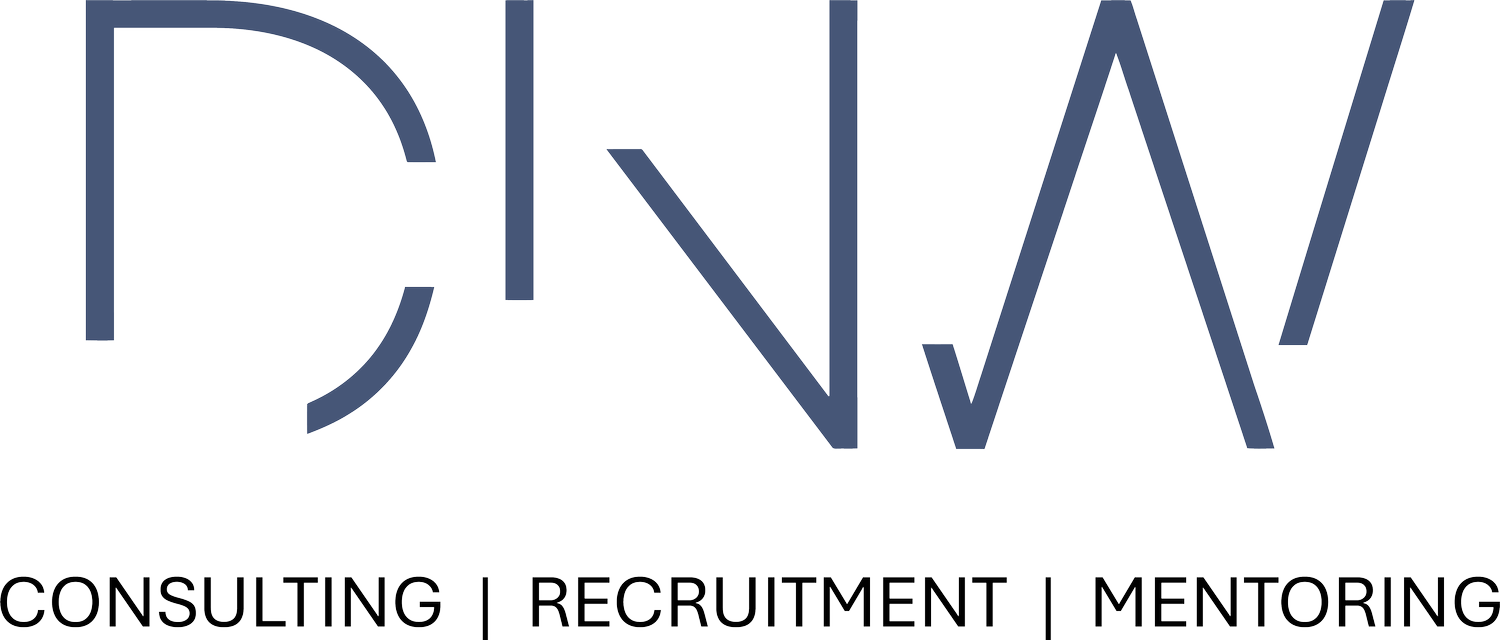The Millennial population has a bad rap sheet that we have created. We've considered them to be lazy, spoilt and in need of constant positive reinforcement. However, the Millennial Generation believe they are flexible, accepting, tolerant, and above all else that they are true to themselves.
For those who have read my blogs in the past, you'll know that I am a staunch believer in the value of the Millennial Generation.
There are many articles that talk the to core of the Millennial value system - that they have a deep personal respect for their contributions, to themselves, their community, and to the planet. In short, their value system has been developed as they have seen how the older generation has "sold-out" on our personal ambitions, that they are determined do it differently.
It is undeniable that the pace of change is escalating. In my current lifetime alone - University's had computer labs that required advance appointments to leverage the immense word processing power and the grouped dot matrix printers to produce your assignments, to now, the very phone we carry has significantly more processing power.
We must remember that the Millennial Generation were born into this current pace, and what we consider to be a sprint at times is merely a brisk walk for them as far as technological advancements are concerned.
Could this be the reason that Millennial's believe that they should be given the opportunity to contribute to major projects relatively soon after joining an organisation or team?
I have written about this previously - the challenge of providing broad experiences to this generation to ensure they remain engaged and fulfilled. In a 2013 survey of over 1000 Millennial's (18-30 years) by Hays Recruitment, the supervisor-subordinate relationship was examined, with over 50% of the audience saying that they want mentor-ship, followed by a leadership relationship from their supervisor.
The IBM Millennial Corp recently explored this in much more detail:
It’s “less so managing as much as it is coaching,” IBM Millennial Corp
The report highlights two elements to the successful coaching of Millennial's (which is different to managing workflow).
Firstly, there must be a culture of collaboration and team work across all levels. I suggest the flatter the management hierarchy the more this will be effective. Millennial's respond well to a team environment and this opportunity to collaborate is motivational to them.
The second component is to set expectations in regards to their input. Talking through their ideas is far more important than having them sit there silently. It is the expectation that idea sharing is a learning and coaching opportunity, versus the traditional management style of telling the team exactly what to do.
Also in 2013, Deloitte published the Millennial Innovation Survey, which highlighted that 70% of respondents see themselves working independently in the future, rather than the traditional corporate organisational structures, in pursuit of the flexibility to deliver meaningful outcomes.
This same report clearly outlines that 80% of Millennial's believe that Business has the potential to address climate and environmental concerns whilst tackling unemployment at the same time, not withstanding the role governments have in this as well. The clearly believe businesses have the ability to do more than what they are contributing today.
Despite that in their lifetime they have been exposed to numerous stressful experiences including the Global Financial Crisis, Terrorism, Tsunami's and floods. A Viacom survey suggests 84% of Australian Millennial's are "happy" about the future (slightly behind the 87% global average).
This generation has seen the good in the world as well, with social networks connecting people regardless of where they are in the world, the Obama Presidency, gay marriage (except Australia - which is only a matter of time), as well as numerous medical advances and forms of renewable energy.
I believe that it is the desire of the Millennial to experience as much as possible, and to somehow have a positive impact on their external environment - to be self aware to the point of knowing a positive movement can start with one step, and that it only takes one person and a strong conviction.
This ability to be self aware lives within all of us - yet another life lesson we can take from the younger generation!
Copyright: 2015 "We are all Digitally Addicted - what I learnt from the coffee queue ". Darren Needham-Walker
Note: this blog is personal opinion based on experience of the author

